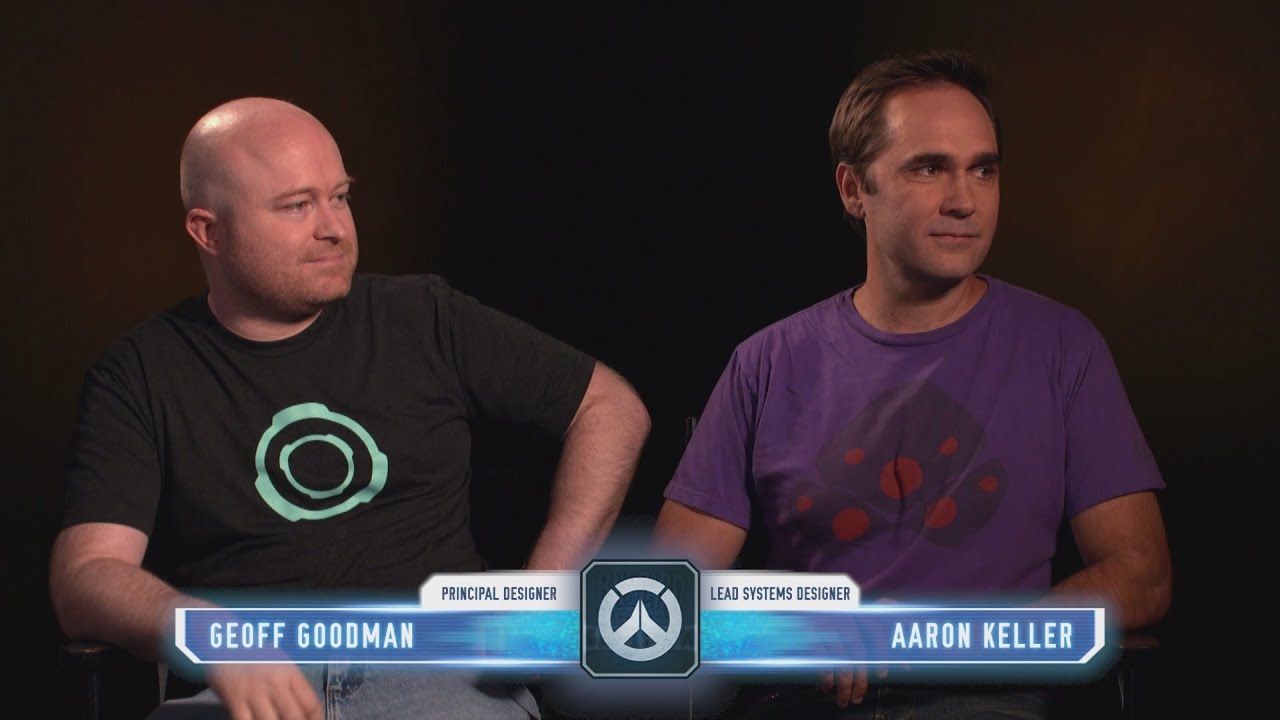



And what they need – as a minimum, in my view – is an understanding of what a conceptual discussion is and how to facilitate it. For more on this see my response to Tom Bennett ‘It’s (not?) what you know’. If we really want the best education for children, then we should ditch classes on jargon and go back to teaching real subject matter - including sometimes difficult, philosophical subject matter.’ ‘The EEF report has been widely welcomed, but largely as a convenient shortcut away from serious teaching in favour of therapeutic talking shops. I agree, there is a danger that philosophy is used as a ‘therapeutic talking shop’, but this is purely down to proper education and training about what philosophy is and how it works. When working with teachers I sometimes have to explain that ‘feel’ is not a synonym for ‘think’, as it is sometimes used in the classroom. This may have something to do with the fact that teacher training is saturated in psychology and its accompanying jargon. This can be addressed with proper training. The Philosophers’ Magazine: how to philosophise with children For a glimpse (not exhaustive by any stretch) into the kind of facilitation techniques I’m talking about, then go here: In conclusion, Dennis Hayes, has an incomplete view of what philosophy is. He clearly thinks that philosophy is ONLY a subject one that engages students with the classic debates. Let us take, probably the most famous example of a philosopher from the great canon, Plato. He demonstrated, through his dialogues, that philosophy is more than thinking about the canon. Yes, during his dialogues, the characters sometimes engage with the philosophers of the past, but most of the time, they are engaging with each other, with no reference to the canon. But in almost all cases, Plato is showing us how to philosophise, and also providing models for doing so (for example – and it is just one example – the much discussed Socratic method). My approach to philosophy (with adults, children or whatever) is to facilitate a discussion so that it resembles the kind of discussion we might see in a Platonic dialogue.


 0 kommentar(er)
0 kommentar(er)
